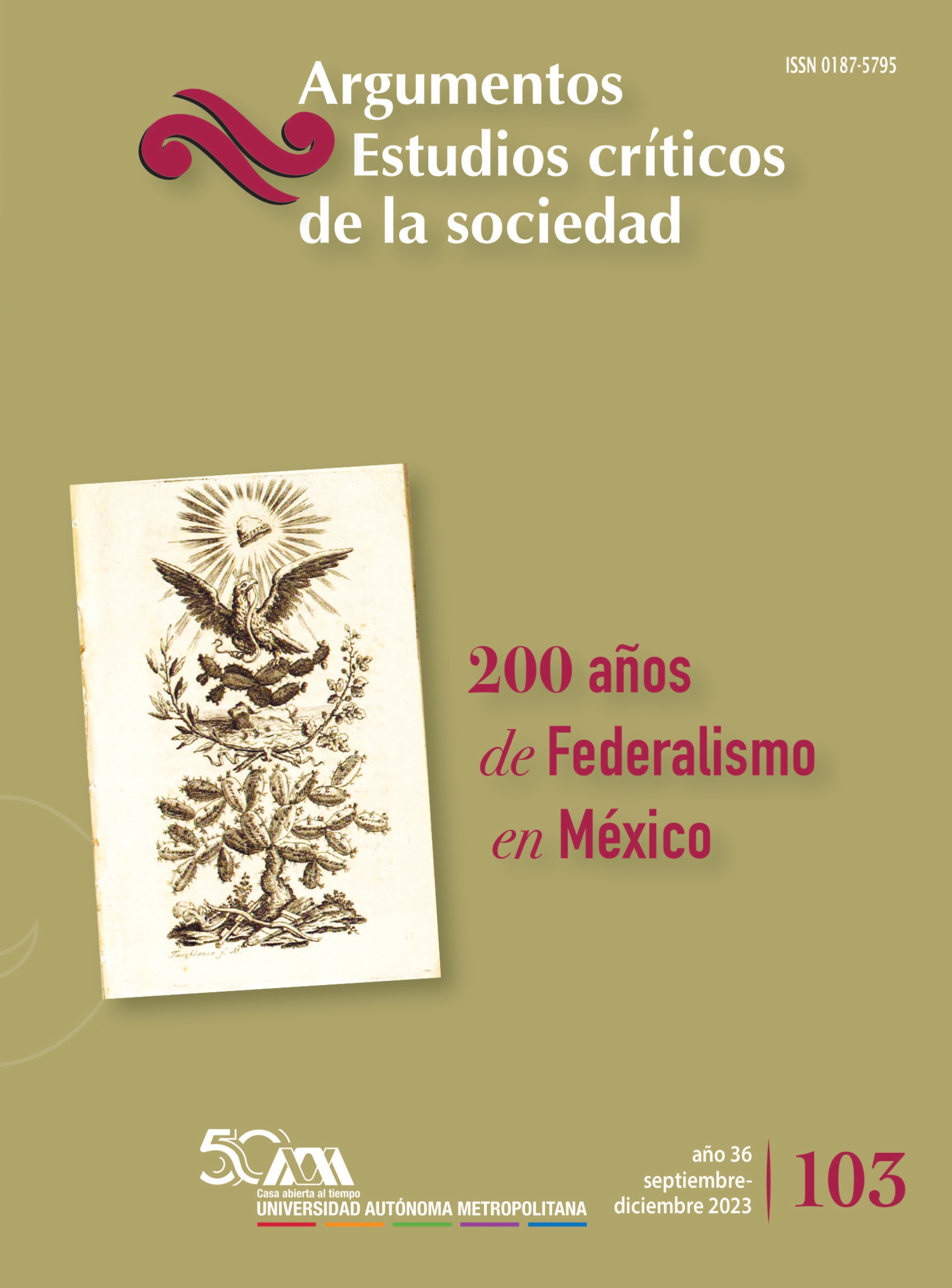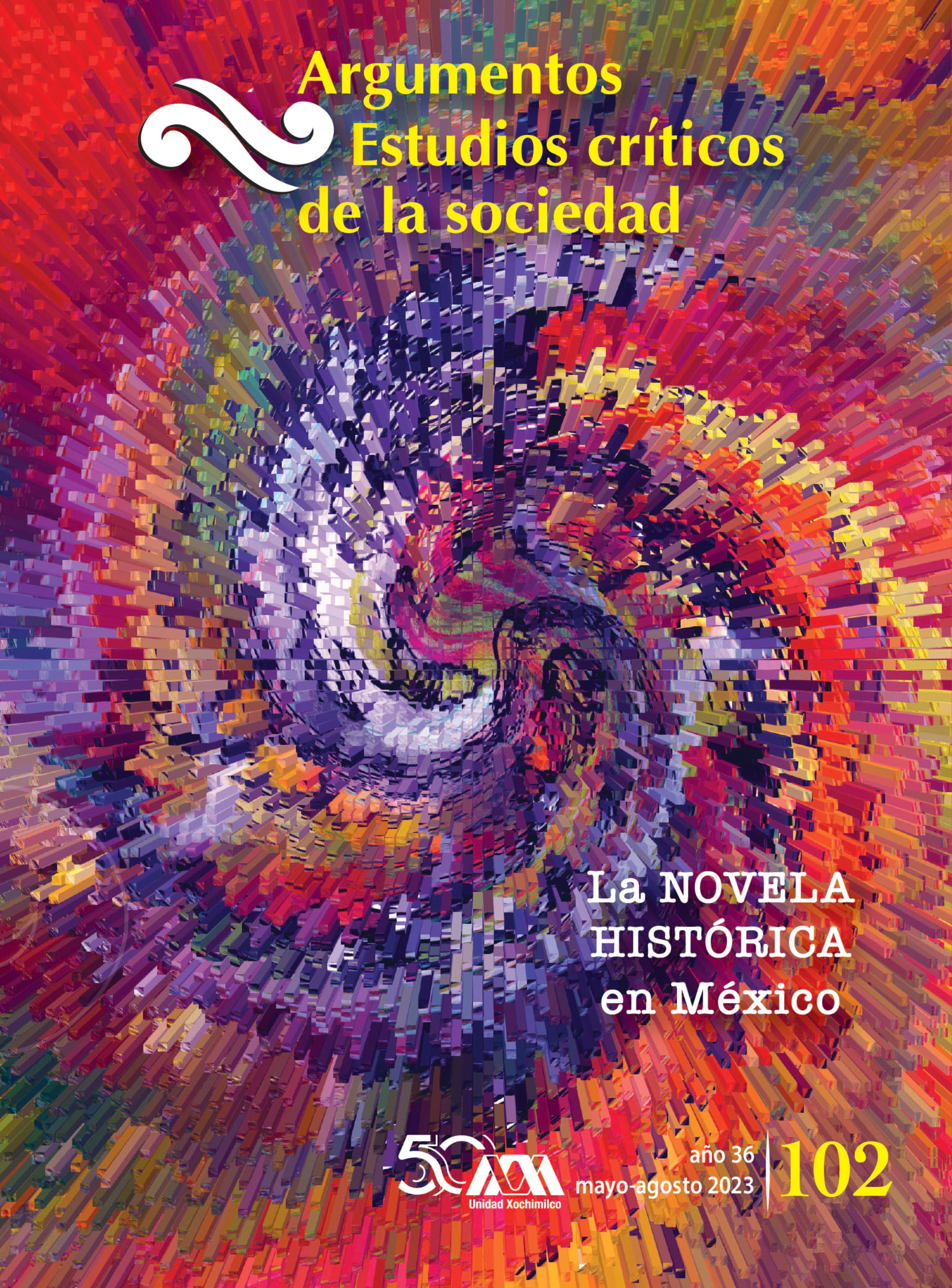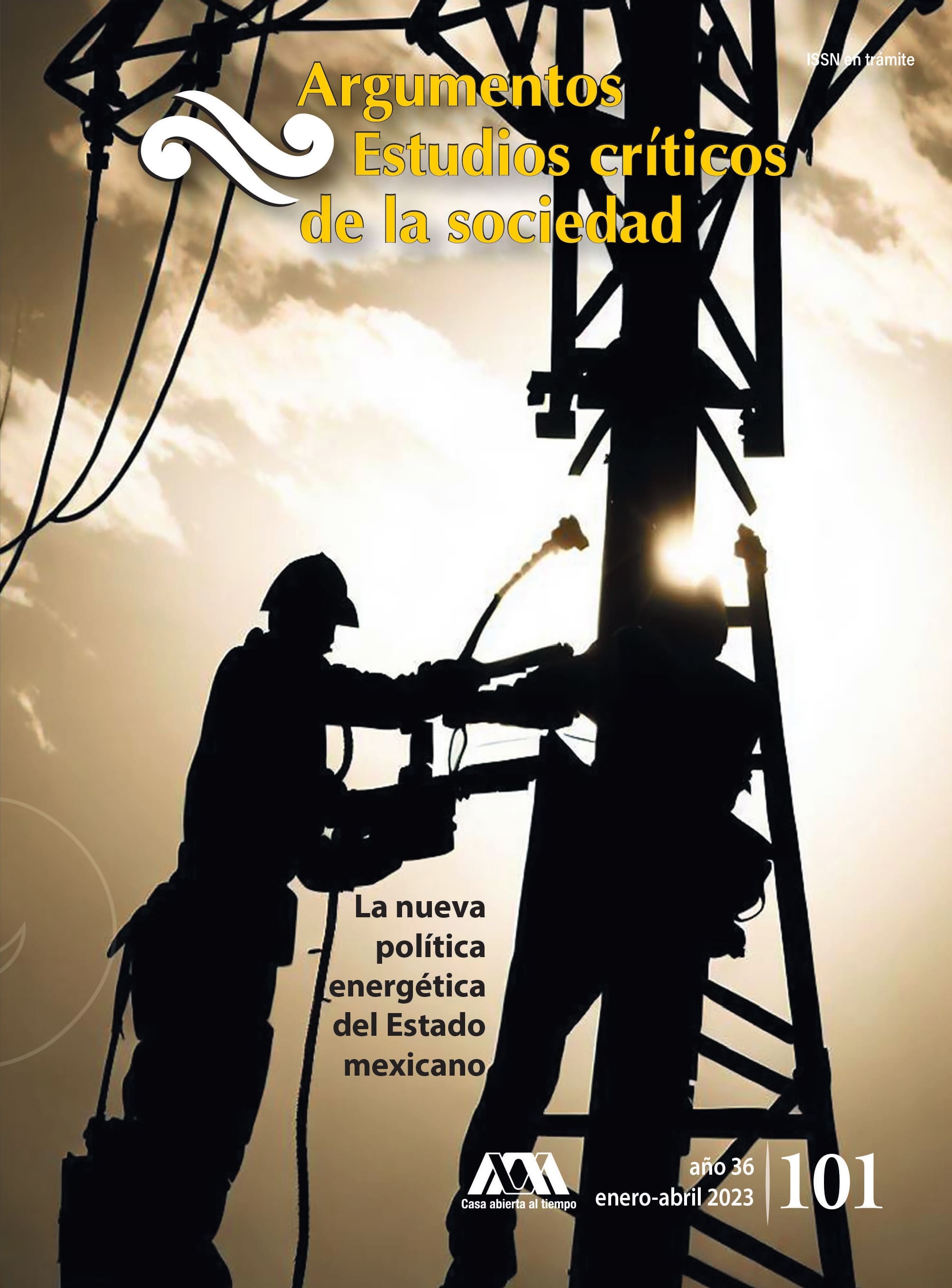Mutual aid and mental health beyond the syndemic
A psyco-social perspective from the Basaglia Brigade's experience
DOI:
https://doi.org/10.24275/uamxoc-dcsh/argumentos/2023101-09Keywords:
mutual support, mental health, syndemic, Basaglia BrigadeAbstract
The Basaglia Brigade is a group of mental health activists born in Italy during the COVID 19 pandemic. During 2020, their work has focused on providing psychological first aid, but the evolution of the crisis led the group to a theoretical and practical reflection on the relationship between mental health and mutual aid. Since March 2020, COVID 19 has been causing many psychological difficulties and the months of social isolation have given rise to emotional distress, relational conflicts, and community problems. It became urgent to collect and discuss the variety of stressful and complex situations that the psychologists and activists faced during the first 15 months of accompaniment. The objective of the following research work is to collect experiences of activism focused on psychosocial support during the emergency, as well as to discuss thoughts, emotions and perspectives from the experience of mutual aid in mental health in Italy.
References
Althusser, L. (2015). Sobre la reproducción. Madrid: Ediciones Akal.
Basaglia, F. (1978). Razón, locura y sociedad. México: Siglo XXI Editores.
Bhattacharya, T. (2017). Social Reproduction Theory Remapping Class, Recentering Oppression. Pluto Press
Braun, V. y V. Clarke (2006). “Using thematic analysis in psychology”, Qualitative Research in Psychology, 3(2), pp. 77-101.
Brenner, J. y B. Laslett (1991). “Gender, Social Reproduction, and Women’s Self Organization: Considering the US Welfare State”, Gender & Society, 5(3), pp. 311-333.
Capuzzi, E., C. Di Brita, A. Caldiroli, F. Colmegna, R. Nava, M. Buoli y M. Clerici (2020). “Psychiatric emergency care during Coronavirus 2019 (covid 19) pandemic lockdown: results from a Department of Mental Health and Addiction of northern Italy”, Psychiatry Research, vol. 293.
Care Collective (2020). The care manifesto: the politics of independence. Verso Books.
Dobles, I. (2015). “Psicología de la liberación y psicología comunitaria latinoamericana. Una perspectiva”, Teoría y crítica de la psicología, vol. 6, pp. 122-139.
Dominguez, Ana et al. (2015). “El video documental aprendiendo a cuidar(se). de las experiencias de vivir con diabetes a un posible recurso de aprendizaje situado para profesionales de la salud”, Argumentos, Publicación del Instituto de Investigaciones Gino Germani, Facultad de Ciencias Sociales. Universidad de Buenos Aires, pp. 331-356.
Foot J. (2014). “Franco Basaglia and the radical psychiatry movement in Italy, 1961-78”, Critical and radical social work, 2(2), pp. 235-249
Foucault, M. (1976). Vigilar y castigar. Nacimento de la prisión. Argentina: Siglo XXI Editores.
Fraser, N. (2016). “El capital y los cuidados”, New Left Review, núm. 100, segunda época, septiembre-octubre, pp. 111-132.
Fregolent, L. et al. (2022). “Geografías de la acción colectiva en Italia” en O. Nel-lo et al., El apoyo mutuo en tiempos de crisis. La solidaridad ciudadanadurante la pandemia covid-19, Buenos Aires: Clacso.
Hale, P. (2021). “Charles Darwin, sexual selection and the evolution of other-regarding ethics”, BJHS Themes, pp. 1-21.
Haraway, D.J. (1995). Ciencia, cyborgs y mujeres: la reinvención de la naturaleza. Madrid: Cátedra.
Ince, A. y H. Bryant (2019). “Reading hospitality mutually”, Environment and Planning D: Society and Space, 37(2), pp. 216-235.
Ippolita (2017). Tecnologie del dominio. Lessico minimo di autodifesa digitale. Italia: Meltemi
Kordon, D., L. Edelman, D. Lagos y D. Kersner (2005). Efectos psicológicos y psicosociales de la represión política y la impunidad de la dictadura a la actualidad. Buenos Aires: Ediciones Madres de Plaza de Mayo.
Kropotkin, P.A. (1890). El apoyo mutuo. Un factor de la evolución, ed. Tapa Blanda (2022).
Lorig, K.R., P.L. Ritter y V.M. González (2003). “Hispanic chronic disease self-management: a randomized community-based outcome trial”, Nursing research, 52(6), pp. 361-369.
Marazziti, D., A. Pozza, M. Di Giuseppe y C. Conversano (2020). “The psychosocial impact of covid-19 pandemic in Italy: A lesson for mental health prevention in the first severely hit European country”, Psychological Trauma: Theory, Research, Practice, and Policy, 12(5), pp. 531-533.
Martín-Baró, I. (2006). “Hacia una psicología de la liberación Popular”, Boletín de Psicología, núm. 22. Departamento de Psicología, Universidad Centroamericana “José Simeón Cañas” (UCA), El Salvador, pp. 219-223.
Mason, J. (2002). Qualitative researching. Londres: SAGE Publications.
Masucci, J. (2021). “L’Italia dovrebbe investire due miliardi di euro per la salute mentale”, Espresso <https://espresso.repubblica.it/attualita/2021/03/22/news/l_italia_dovrebbe_investire_due_miliardi_di_euro_per_la_salute_mentale-293309675/>.
McCosker, A. (2018). “Engaging mental health online: Insights from beyondblue’s forum influencers”, New Media & Society, vol. 20, núm. 12, pp. 4748-4764.
Michalewicz, A., C. Pierri y S. Ardila-Gómez (2014). “Del proceso de salud/enfermedad/atención al proceso salud/enfermedad/cuidado: elementos para su conceptualización”, Anuario de Investigaciones, vol. XXI, Argentina, pp. 217-224.
Nel-lo, O. et al. (2022). El apoyo mutuo en tiempos de crisis. La solidaridad ciudadanadurante la pandemia covid-19. Buenos Aires: Clacso.
Pichon-Rivière, E. (1980). Teoría del vínculo. Buenos Aires: Nueva visión.
Provan, K.G., L. Nakama, M.A. Veazie, N.I. Teufel-Shone y C. Huddleston (2003). “Building Community Capacity Around Chronic Disease Services through a Collaborative Interorganizational Network”, Health Education & Behavior, 30(6), pp. 646-662.
Rossi, R., V. Socci, D. Talevi, S. Mensi, C. Niolu, F. Pacitti, A. Di Marco, A. Rossi, A. Siracusano y G. Di Lorenzo (2020). “Covid-19 Pandemic and Lockdown Measures Impact on Mental Health Among the General Population in Italy”, Front. Psychiatry, núm. 11, 790.
Spade, D. (2022). Ayuda mutua: construyendo solidaridad durante esta crisis (y la próxima). Barcelona: Traficantes.
Srnicek, N. (2018). Capitalismo de plataforma. Buenos Aires: Caja Negra.
Sterelny, K. y B. Fraser (2017). “Evolution and Moral Realism”, The British Journal for the Philosophy of Science, 68(44), pp. 981-1006.
Ulloa, F. (1995). Novela clínica psicoanalítica. Historial de una práctica. Argentina: Paidós.
Villa Gómez, Juan David (2012). “La acción y el enfoque psicosocial de la intervención en contextos sociales: podemos pasar de la moda a la precisión teórica, epistemológica y metodológica”, El Ágora U.S.B., 12(2), pp. 349-365.
White, M. y S.M. Dorman (2001). “Receiving social support online: implications for health education”, Health Education Research, vol. 16, núm. 6, pp. 693-707.
Zuboff, S. (2019). La era del capitalismo de vigilancia. Argentina: Paidós.








